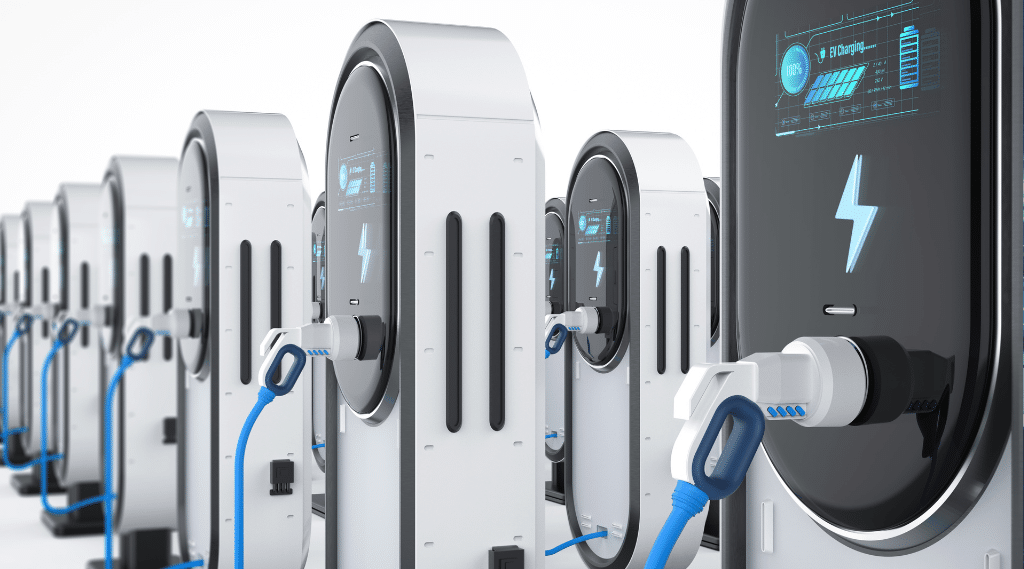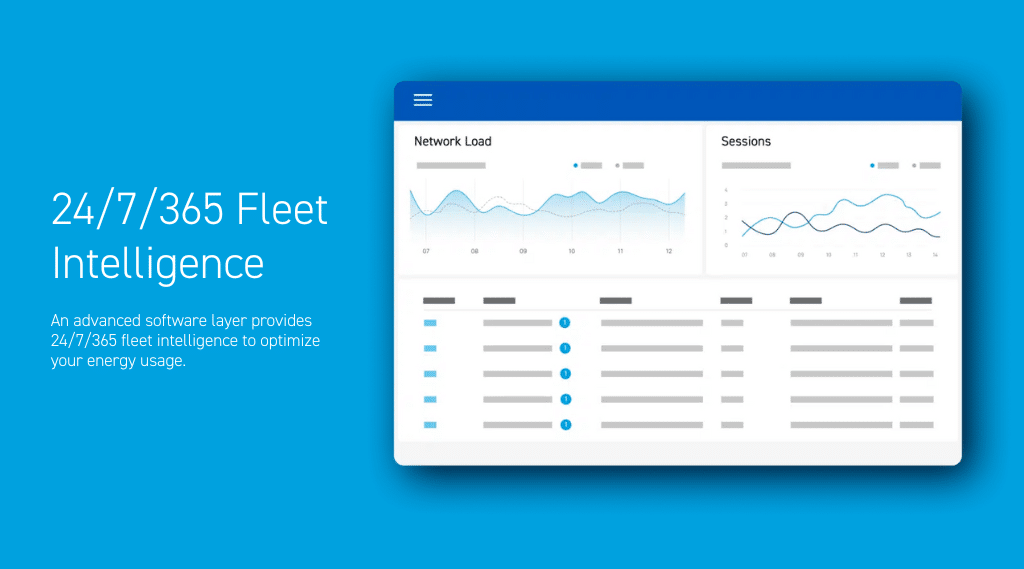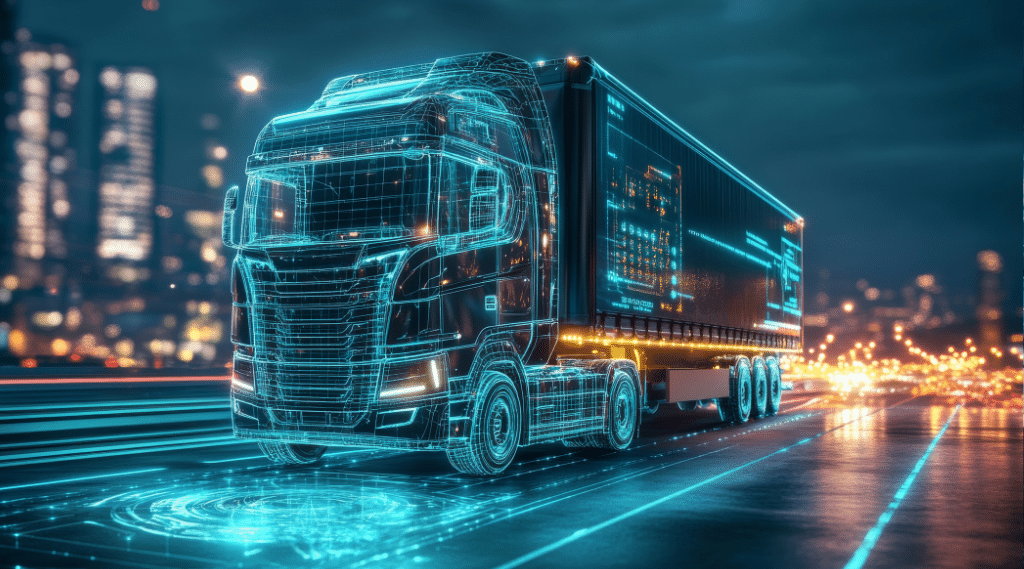Fleet managers are well-versed in data analysis but managing an electric vehicle (EV) fleet introduces new complexities. This is largely due to the extensive data generated by EV charging infrastructure and integrated energy management platforms.
In this blog, we’ll explore how fleet managers can utilize data from chargers and advanced fleet management tools offered by Charging-as-a-Service (CaaS) providers like Electrada. We’ll delve into how this data can be leveraged to effectively manage charging operations, optimize charger usage, maintain fleet health and efficiency, and control costs.
Charging Activity Data
EV fleet chargers generate a wealth of real-time data from charging activities, including:
- Charging Status: Information on the charging status of each vehicle.
- Connection Time: Total time a vehicle has been connected to the charger.
- Session History: Detailed records of past charging sessions.
- Energy Usage: Amount of energy consumed during a charging session.
- Voltage and Current Monitoring: Real-time monitoring of the voltage and current supplied to the vehicle.
- Load Balancing: How the charger manages load when multiple vehicles are charging simultaneously.
- Charging Power: The rate at which the EV is being charged.
- Charging Costs: Detailed cost breakdowns for each charging session.
- User Identification: Information about who is using the charger.
These data points are invaluable for developing efficient charging strategies, monitoring vehicle uptime and downtime, understanding usage patterns, and future planning.

Fleet and Charging Infrastructure Health Data
EV chargers also provide crucial data on the health of the electric fleet and the charging infrastructure, such as:
- State-of-Charge (SoC): Battery charge levels for each vehicle.
- Temperature Data: Battery and environmental temperatures, which affect charging efficiency and battery health.
- Error Codes and Alerts: Notifications about charging interruptions, connectivity issues, or equipment malfunctions.
This information enables fleet managers to maximize efficiency and improve return on investment by addressing issues proactively. Predictive maintenance, tailored to the actual needs of the vehicle, can significantly reduce maintenance costs compared to a fixed schedule.
As part of the CaaS agreement, providers like Electrada have expert teams ready to manage infrastructure connectivity and equipment issues, offering a 99% uptime guarantee.

Environmental Metrics
EV charging infrastructure allows fleet managers to track sustainability and environmental metrics such as:
- CO2 Emission Reductions: Estimates of reduced CO2 emissions.
- Renewable Energy Usage: Data on the use of renewable energy sources for charging.
- Air Quality Improvement: Estimates of improvements in air quality.
These metrics help ensure compliance with local and federal regulations and support company goals related to environmental, social, and governance (ESG) standards.
How Charging-as-a-Service (CaaS) Helps
The data provided by Electrada’s 360 CaaS can reduce operating costs and the total cost of ownership for an electric fleet while simplifying and optimizing fleet operations. Get in touch to learn more about how 360 CaaS offers a seamless, cost-effective, and reliable electric fuel solution that’s fully capitalized, performance-guaranteed, and tailored to your fleet’s needs.



